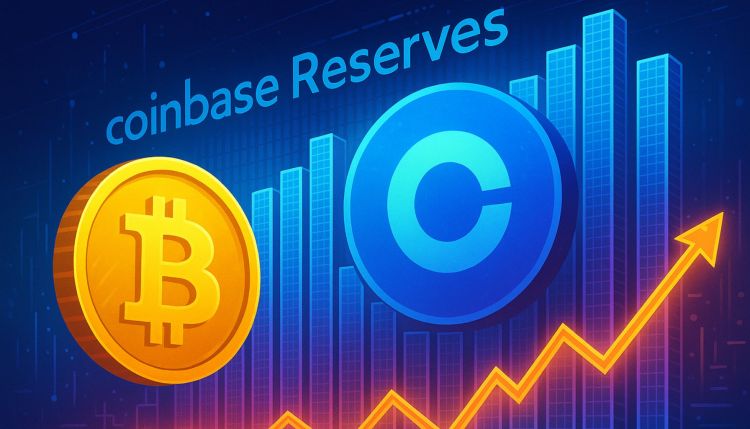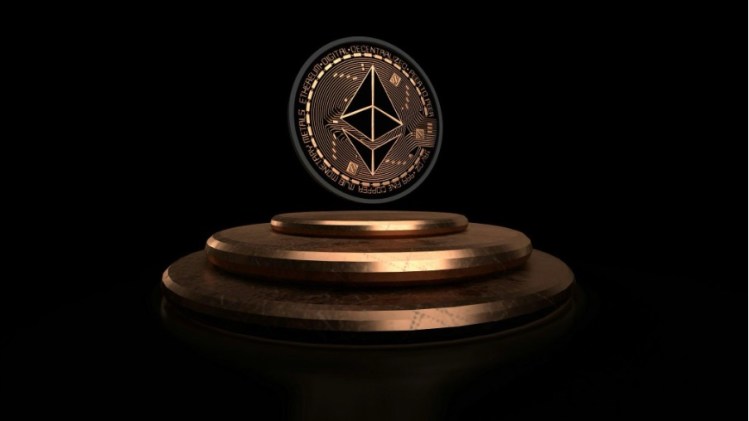Reason to trust

How Our News is Made
Strict editorial policy that focuses on accuracy, relevance, and impartiality
Ad discliamer
Morbi pretium leo et nisl aliquam mollis. Quisque arcu lorem, ultricies quis pellentesque nec, ullamcorper eu odio.
The scope of blockchain and non-fungible token technologies has expanded to cover multiple industries over the last couple of years. Now, with the fast approach of the FIFA World Cup 2022 in Qatar, the crypto industry is embracing one of the most exciting and passionate ‘industries’ around – football.
Although it wasn’t the first to kick off this trend, FIFA grabbed the headlines last month when it said it will use the occasion of the Qatar World Cup 2022 to launch its very first NFT collection of classic highlights from the most prestigious international football tournament.
The FIFA+ Collect NFT collection launched in September, giving footy fans a way to own and trade some of the most memorable “moments in time” from the history of the World Cup, featuring some of the greatest goals, saves and celebrations in previous tournaments. Moments like Diego Maradona’s “hand of God”, Zinedine Zidane’s terrific double against Brazil in the 1998 final, and Paul Gascoigne’s tears during England’s semi-final defeat at Italia ‘90 are now all immortalized as NFTs.
FIFA’s World Cup NFT clips are hosted on the Algorand blockchain, which was announced as its official crypto partner and wallet provider back in May. They’re available to purchase from FIFA+ with English, French and Spanish editions all available.
“FIFA collectibles are available to any football fan, democratizing the ability to own a part of the FIFA World Cup,” said FIFA Chief Business Officer Romy Gai. “Just like sports memorabilia and stickers, this is an accessible opportunity for fans around the world to engage with their favorite players, moments and more on new platforms.”
The potential of NFT-based tokenization technology goes well beyond digital memorabilia. Already, we’ve seen a number of prominent football clubs sign on to the idea of “fan tokens” to enable supporters to have more of a say in how their favorite teams are run. With the Socios app, fans of teams including Barcelona, AC Milan, Roma, Juventus, Novara and other clubs have a way to buy NFTs that provide access to exclusive benefits, including the opportunity to vote on key team decisions. Fans aren’t allowed to vote on who makes the team, of course, but they do get to have their say on more marginal things such as the team’s new kit design
By issuing fan tokens, clubs not only have a way to encourage more participation from their supporters, increasing their loyalty and sense of belonging.
NFTs can also power new gaming ideas within the football world too. A new blockchain platform called Pooky is positioning itself as a healthier alternative to sports betting. With the use of NFTs, football fans compete with one another to predict the outcome of big football matches, earning rewards for correctly guessing the result – or even better, predicting the correct score. Whenever a player guesses right, they earn cryptocurrency rewards and points that enable them to climb the Pooky leaderboards. The points they earn can then be used to upgrade their Pookyball NFTs, which in turn allows them to score more points when they successfully predict the outcome of games in future.
A slightly different take comes from Crypto Pitch, which is a strategy and management game that sees players take on the role of a football coach, manage a team full of world-class players and compete with others to earn crypto rewards. The game involves Crypto Pitch NFTs, which are digital trading cards that represent real-world players. Players have to build up a collection of NFTs and create a team of 5 or 11 players, which gives them the right to take part in regular tournaments. During the Qatar 2022 World Cup, Crypto Pitch will allow its NFTs to be staked, so players can predict the results of the games and earn more prizes when they get them right.
These recent developments suggest that there’s a lot of promise in the recent convergence of football and blockchain technology. No matter if they have utility or not, football NFTs are an exciting and trendy new kind of digital collectible that could emerge as the next-generation of “trading cards” or “football stickers” that have always proven immensely popular.
NFT-based collectibles have struck a very fertile ground within the world of football, and gamification is of course just one of many possible applications, with NFT-based ticket sales another example of where this could end up. The seed has been planted and it’s already growing its roots. Only time will tell how the NFT phenomenon will play out with football fans, but it has made an impressive debut and is clearly one to watch.

















